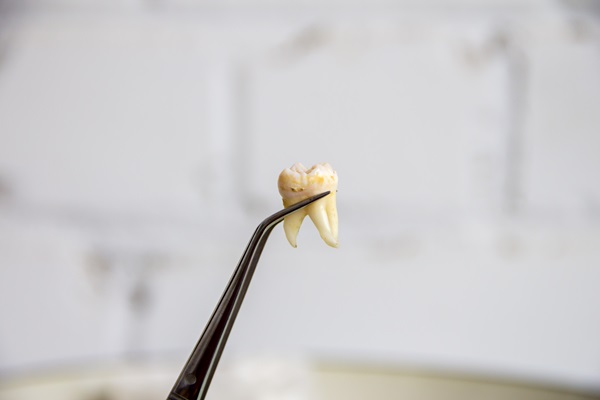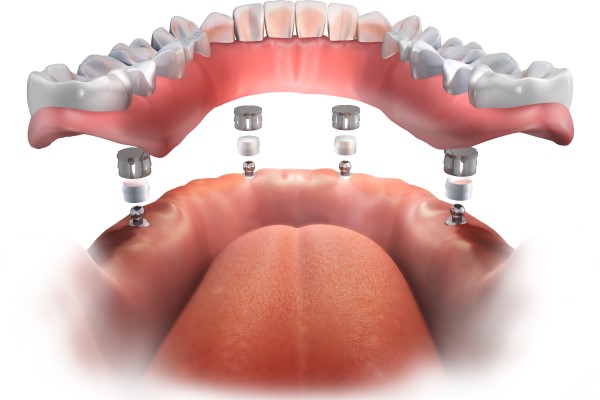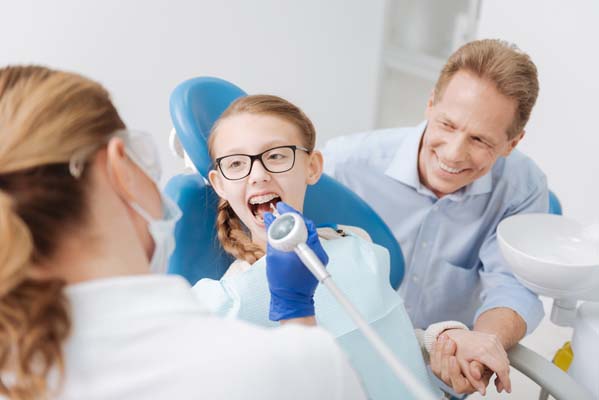Aftercare Tips Following a Tooth Extraction
are a common dental procedure to remove impacted teeth, address severe damage or decay, or prepare for orthodontic treatment. They can be done in a single appointment and do not take too long to heal from – especially with proper aftercare. Patients can follow a few key aftercare tips to help streamline their healing and recovery.
Tooth extraction aftercare: The basics
The basics of tooth extraction aftercare focus on protecting the extraction site and encouraging proper healing. The first 24 hours are the most important, as this is when the blood clot forms in the socket to begin the recovery process. Patients must avoid dislodging the clot to prevent dry socket and infection. Bleeding will occur but should be minimal and easily managed with gauze. The dentist will review how and when to change the gauze during the extraction appointment.
The general dentistry team will also discuss handling pain and swelling immediately after tooth extraction. These symptoms should subside within a few days. In the meantime, the dentist will either prescribe pain medication or recommend over-the-counter medications.
Tips for a speedy recovery from tooth extraction
While the healing process varies from patient to patient, most can follow a few aftercare tips to promote a fast recovery. These tips include:
Use a cold compress to relieve inflammation
Applying a cold compress to the cheek near the tooth extraction site helps minimize swelling and discomfort. General dentistry teams typically recommend using flat compresses that can be inserted into a head wrap. This keeps the cold compress secure and protects the skin from frostbite. Apply the cold compress in 15-minute intervals, alternating between on and off periods for the first 24 to 48 hours after extraction.
Stick to soft foods for a few days
Eating a soft-food diet helps protect the tooth extraction site and prevent irritation. Foods like mashed potatoes, yogurt, applesauce, and scrambled eggs are gentle on the healing area. Avoid crunchy, chewy, or spicy foods, as they can disrupt the blood clot or irritate the surrounding gum tissue. Gradually reintroduce solid foods as healing progresses and discomfort subsides.
Ditch straws, temporarily
Any suction in the mouth can dislodge the blood clot on the tooth extraction site, leaving it vulnerable to dry socket. Therefore, avoid drinking through a straw for at least a week after extraction. Instead, sip directly from the cup.
Try salt water rinses
After the first 24 hours, rinsing with salt water can reduce the risk of infection, soothe irritated tissue, and remove debris from the extraction site. Mix a teaspoon of salt with a cup of warm water and gently swish the solution around the mouth. Make sure to ask the dentist before trying this tip.
Rest
Last but not least, take time off to rest. This helps the body fully recover and reduces the likelihood of complications like infection. Avoid strenuous activity for the first few days so as to not increase inflammation or bleeding.
Get more information today
Tooth extractions are a common procedure performed in general dentistry. For additional guidance or to address specific concerns, consult our team at English Dental. We can answer any questions you have about aftercare and healing from a tooth extraction.
Request an appointment here: https://englishdentalky.com or call English Dental at (502) 200-0204 for an appointment in our Louisville office.
Check out what others are saying about our dental services on Yelp: .
Related Posts
Wondering when you should see an emergency dentist? Read on to learn more. Regular dental care can prevent emergency dental treatment. Unfortunately, dental emergencies do happen unexpectedly, even if you brush and floss regularly. In such cases, it is a great idea to visit an emergency dentist immediately.Many people do not know whether their dental…
All-on-4® is a proven solution for missing teeth. Not only is it minimally invasive, but it is a popular alternative to traditional implants that many people seem to prefer. Whether someone has a few missing teeth or requires a whole new set, this is an option that could work for them. This approach requires titanium posts…
A kid-friendly dentist treats oral health concerns in children. However, an equally important part of their job is to work with parents to improve their child’s oral hygiene at home. This is because the majority of oral care takes place away from the office, so parents knowing how to help their child maintain a beautiful…
CEREC® crowns are a great dental restoration option that offers convenience, ease, and efficient results. However, they are still rather new to dentistry, which can cause those that are considering their options to have a lot of questions. CEREC® crowns achieve the same goal as traditional crowns do, but the way the process is executed…


